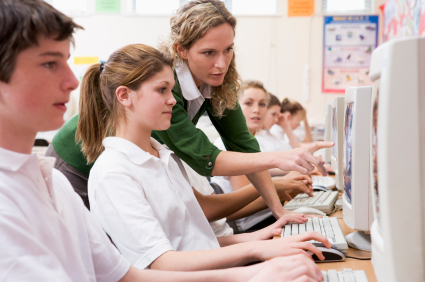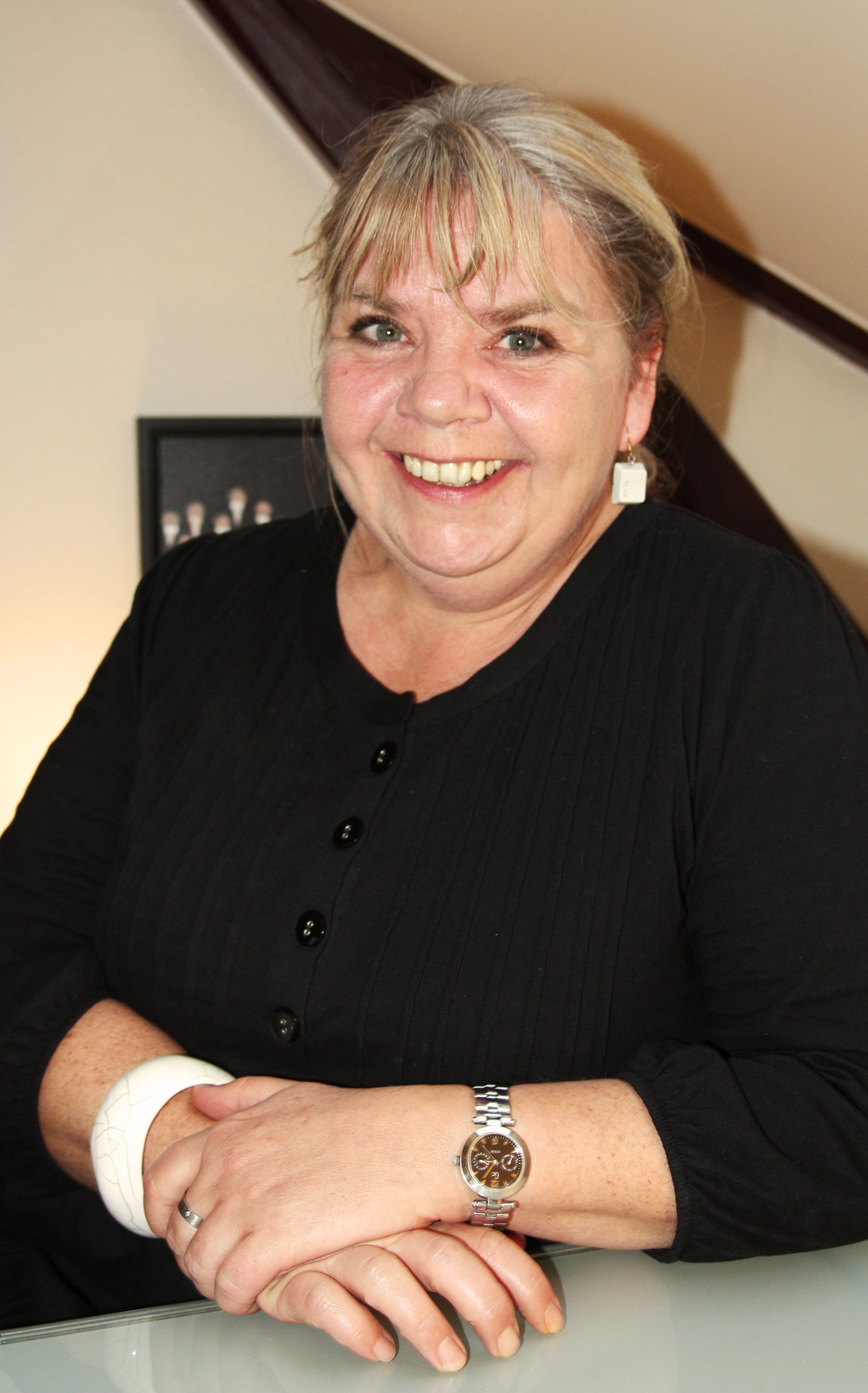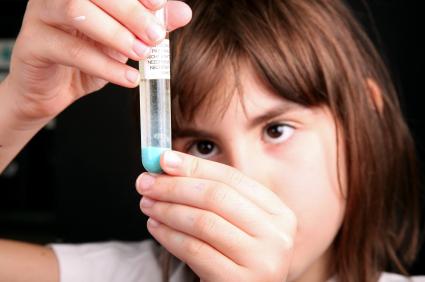Unsuccessful strategy
All the fuss about recruitment destroys young women’s interest in natural science, according to educational researcher Guðrún Jónsdóttir.

“I would say that you need to know how nature works because it is rather important to understand. What you are and why you are alive. Why you are a human being.”
This is a quote from “Anna”, a 16-year-old high school student. Anna is also one of nine young middle-class women who excel at school and have served as informants for Guðrún Jónsdóttir’s doctoral dissertation in education on girls’ perceptions of natural science education. Jónsdóttir believes that Anna’s comments illustrate what the researcher herself characterizes as her most important finding.
“The girls don’t think that natural science is uninteresting – quite the opposite. They perceive it to be a subject that helps to shape them as cultivated, well-rounded individuals. They view knowledge about natural science as something we all need to function as human beings. They relate this especially to the times we live in, with a great deal of conflicting information, dangers and risks,” says Jónsdóttir.
“Science for me”
“How they have produced a pill that prevents you from getting pregnant – that is interesting. It’s things like that I find interesting in natural science. It has to do with me. It is for me, science for me.”
Anna liked the classes about the body, sexuality and risks associated with this aspect of life. In general, the perception of risk seems to play an important role in the young women’s interest in natural science.
“For instance, they wish natural science education would make them more capable of assessing what they read and hear about health risks and environmental hazards,” says Jónsdóttir.
Help to sort through the information?
“I’m the kind of person who believes everything I read [laughter], but lately I’ve found that not everything is correct...you can’t believe everything you read,” says “Lea”, another of Jónsdóttir’s informants.

Several of the young women say they have little faith in the information they get from the media and elsewhere about dangers and risks. They complain especially about the conflicting opinions of politicians and experts regarding what is dangerous and what is healthy. They get no help with this in their natural science classes,” according to Jónsdóttir.
“The girls are looking for help to sort through the information and arrive at valid knowledge. They are frustrated by not knowing what is correct and true,” says Jónsdóttir.
“But it is not always possible to get a final answer, even in natural science, is it?” we asked Jónsdóttir. “Isn’t doubt and ambivalence unavoidable when people in modern society try to find their bearings in the flow of information?”
“Of course, but this is not discussed much at school. From their classes the girls are used to all questions having one answer with two underscores. As a result, they perceive a major contradiction between what they learn at school and what they experience in the outside world,” explains Jónsdóttir.
Autonomous individuals
When the young women cannot know something for certain, they doubt their own ability to make independent assessments and choices, and they think it is important for all people to have this type of independence. Jónsdóttir believes that the young women’s ideals are similar to what Kant calls autonomy, which is a prerequisite for self-formation of the individual.
“According to Kant, autonomy entails the ability to assess knowledge without being guided. It may seem a bit strange to analyze young modern women using a concept from the 1700s, which at that time was not intended to include women at all. But put in context I think it provides meaning. Being a cultivated, well-rounded individual is different from having an education or expertise. It has to do with functioning in one’s own contemporary times,” says Jónsdóttir.
Perspective on self-formation of the individual gets lost
“I wish I were more interested in natural science, such as chemistry, physics and biology, but at this point it seems completely hopeless. Just incredibly boring with lots of reports and papers and such that I think are totally ridiculous. But then we have those mathematics and natural science points hanging there like a carrot.”
Anna knows she should take natural science. Even an award in the form of extra points when she applies for higher education does not counterbalance the feeling of not being interested enough.
Jónsdóttir thinks the perspective that natural science promotes self-formation of the individual gets lost in the eagerness to increase the recruitment of young women to the natural sciences.
“The argument made for taking natural science is that you can have a career in it. Nobody says students need to take Norwegian or history so they can become Norwegian history professors. We tend to forget that everyone takes natural science at school from the first grade in elementary school to the first year of high school,” says Jónsdóttir.
She thinks recruitment would be more successful if the focus were placed on the young women’s own perceptions of what is important in natural science rather than shaking our finger at them.
“It is often said that it is important for society that girls take natural science. I think the girls would be more motivated if we prioritized their own needs for knowledge about natural science so they can find their way in the world,” says Jónsdóttir.
Revolt against pressure?
In general, Jónsdóttir believes there is too much focus on why young women make the “wrong” choice.
“When boys do not succeed at school, it is the system that is blamed, it is claimed that the school is feminized. When it comes to girls and their attitude toward natural science, we look for what is wrong with the girls and their interests,” says Jónsdóttir.
“This could also be viewed in a different way: What is wrong with natural science education when the students who usually are considered to be the ’winners’ at school – middle-class girls – choose not to take it?”
She also thinks that such persistent encouragement of young women to take natural science may defeat the purpose.
“Choosing not to take natural science may also be interpreted as a revolt against the enormous pressure to make untraditional choices. And as an independent assessment and decision: ‘Everyone says I should take natural science, but in fact my interests run in an entirely different direction’. I think it is completely understandable if some girls react like this,” says Jónsdóttir, and emphasizes that the young women she interviewed did not portray their choice as a revolt.
Translated by Connie Stultz.
Jónsdóttir, Guðrún: Dubito ergo sum? Ni jenter møter naturfaglig kunnskap. (Dubito ergo sum? Nine young women’s encounter with knowledge about natural science.) University of Bergen, 2009.
